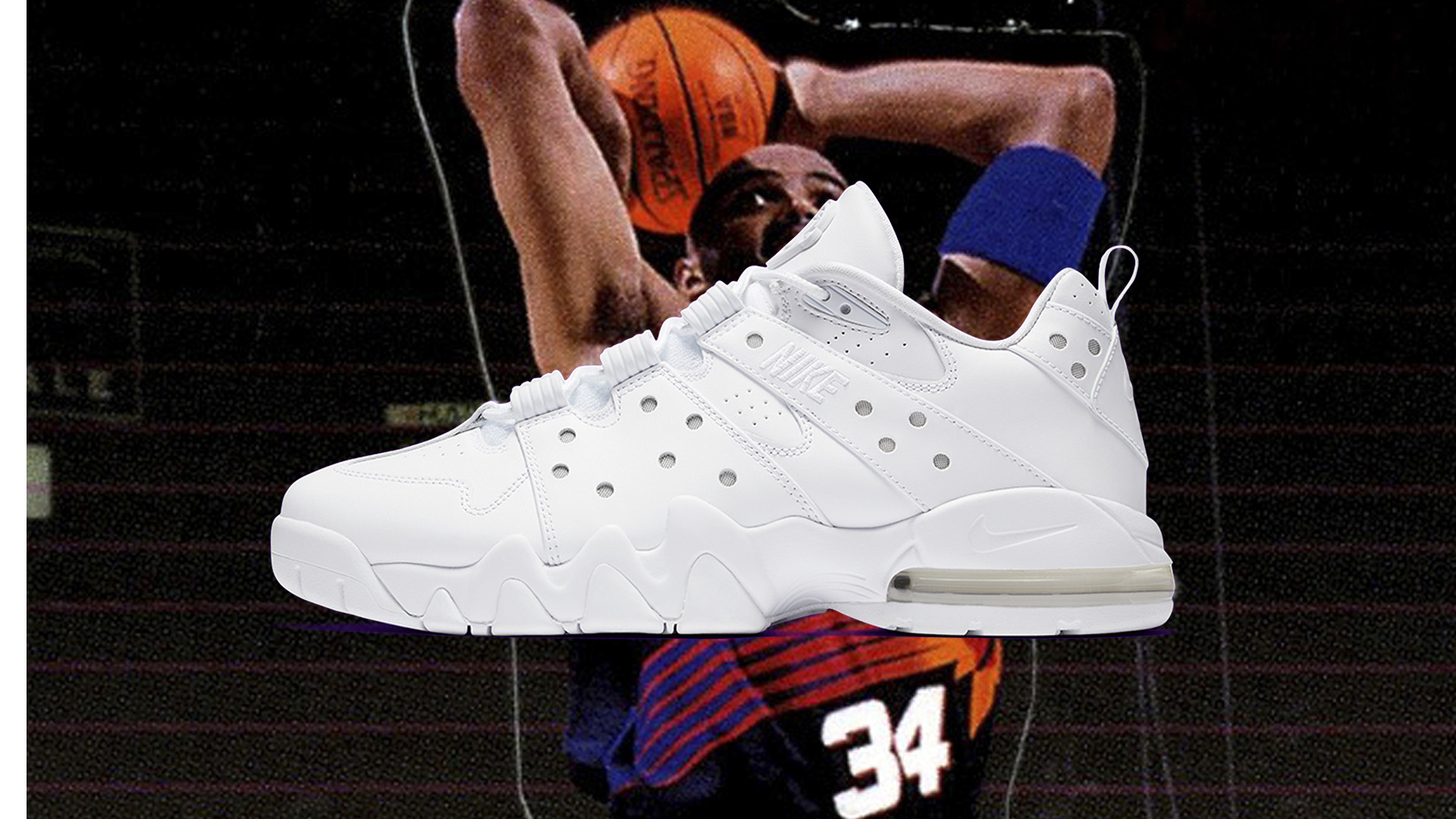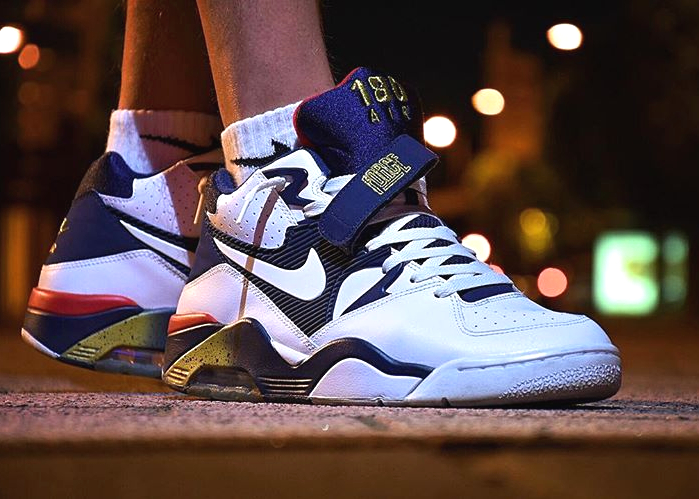
Ewing, Jordan, and Mullin had won gold at the 1984 games Malone had not made the team and saw his non-selection in 1984 as a challenge. Their threats backfired, however, as Johnson received even more public support. The Australian Olympic delegation prominently threatened to boycott the games in protest of Johnson's presence, fearing that he might infect other athletes. His teammates expected Johnson to die from the disease, and he later described his selection for the Olympics as "almost like a life saver", evidence that he could still overcome the illness and live a productive life. Johnson had retired from the Lakers in November 1991 after testing positive for HIV. Robinson had played with the 1988 Olympic team and was eager to earn a gold medal at Barcelona. Bird had back trouble but was selected due to the team's historic nature. Most of the players on the team were at or near the peaks of their NBA careers. basketball committee decided to include one collegiate player on the team: Christian Laettner of Duke University was added on May 12, 1992, chosen over Louisiana State University's Shaquille O'Neal. As an acknowledgment to the previous amateur system, the U.S.
#Olympic charles barkley shoes professional#
On May 12, 1992, Clyde Drexler of the Portland Trail Blazers was chosen over Isiah Thomas of the Detroit Pistons for the final professional roster spot. The first ten players for the team were selected on September 21, 1991: Michael Jordan and Scottie Pippen of the Chicago Bulls, John Stockton and Karl Malone of the Utah Jazz, Magic Johnson of the Los Angeles Lakers, Larry Bird of the Boston Celtics, Patrick Ewing of the New York Knicks, Chris Mullin of the Golden State Warriors, David Robinson of the San Antonio Spurs, and Charles Barkley of the Philadelphia 76ers.

Magic Johnson, who had retired from basketball in 1991 due to HIV, was selected for the team In early 1991, Sports Illustrated labeled the forthcoming American roster as the "Dream Team" on the cover of its February 18 issue. USA Basketball asked the NBA to supply players for its 1992 roster the league was initially unenthusiastic about this idea. Selections Michael Jordan was offered a co-captainship but he deferred to Bird and Johnson The vote was 56–13 in favor of the change the Amateur Basketball Association of the United States of America (ABAUSA, renamed USA Basketball after the vote) voted against it due to "colleges and high schools that make up most of constituency it." The Soviet proposal to limit the national teams to only two NBA players for the first few years was then unanimously rejected. In 1989, FIBA voted to change the rule and allow NBA players to participate. In the 1988 Summer Olympics, the Americans lost to the USSR and settled for bronze, their worst finish in the history of the tournament.

Other countries used their best players from their domestic professional leagues. Olympic teams, which were composed of collegiate and, at times (especially in the 1950s), AAU players. Prior to the 1992 Olympics, FIBA rules specifically prevented NBA players from participating in Olympic tournaments, and only amateurs were eligible for the U.S. In addition to the team induction, 11 players and three coaches have also been inducted individually into the Naismith Hall of Fame. The Naismith Hall of Fame calls the team "the greatest collection of basketball talent on the planet". Olympic Hall of Fame in 2009, the Naismith Memorial Basketball Hall of Fame in 2010, and the FIBA Hall of Fame in 2017. The team was collectively inducted into the U.S. Īt the 1992 Summer Olympics held in Barcelona, the team defeated its opponents by an average of 44 points en route to the gold medal against Croatia. The team has often been described as the greatest sports team ever assembled. The 1992 United States men's Olympic basketball team, nicknamed the " Dream Team", was the first American Olympic team to feature active professional players from the National Basketball Association (NBA).


 0 kommentar(er)
0 kommentar(er)
